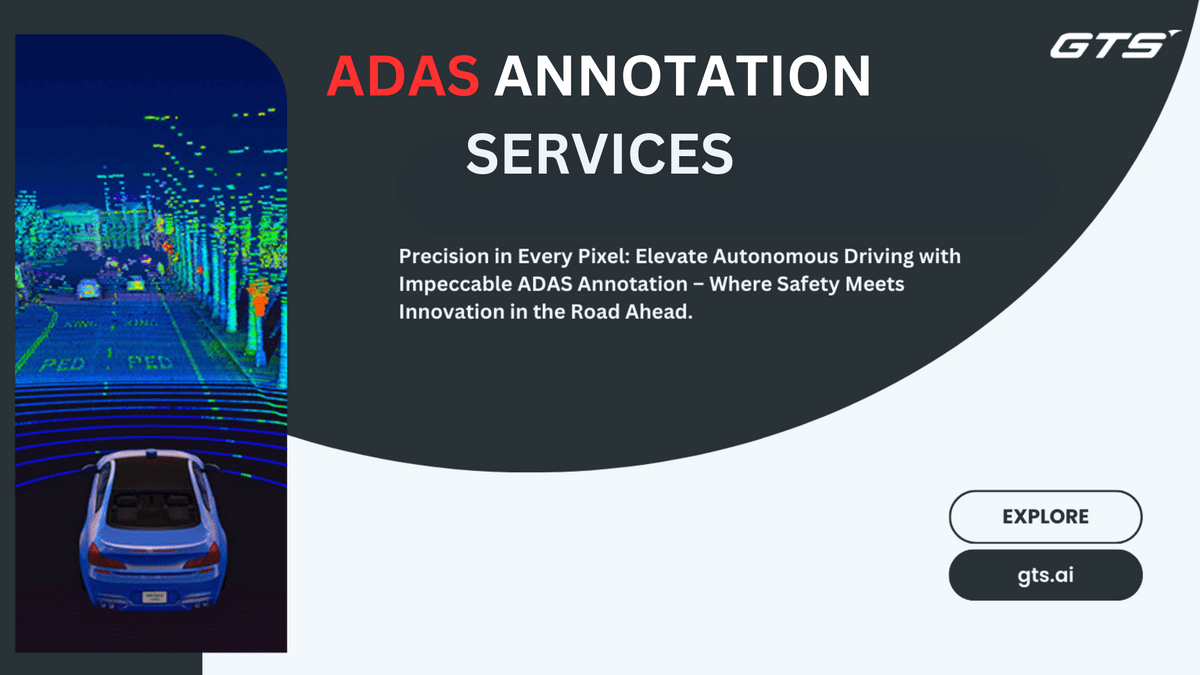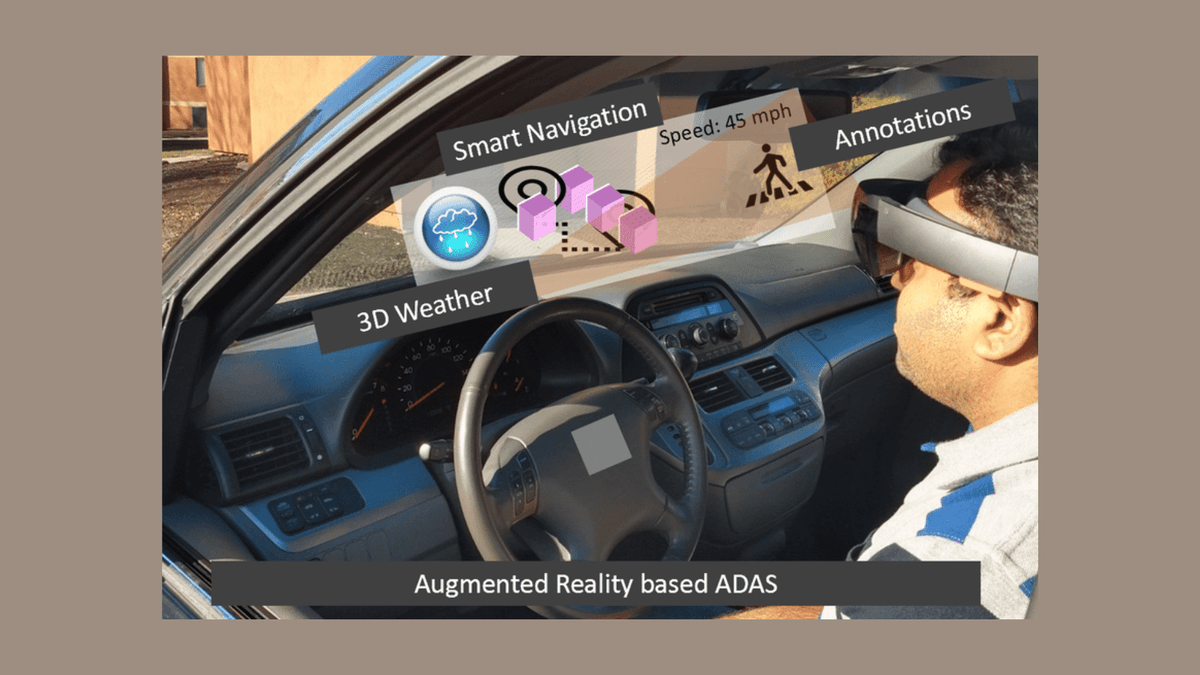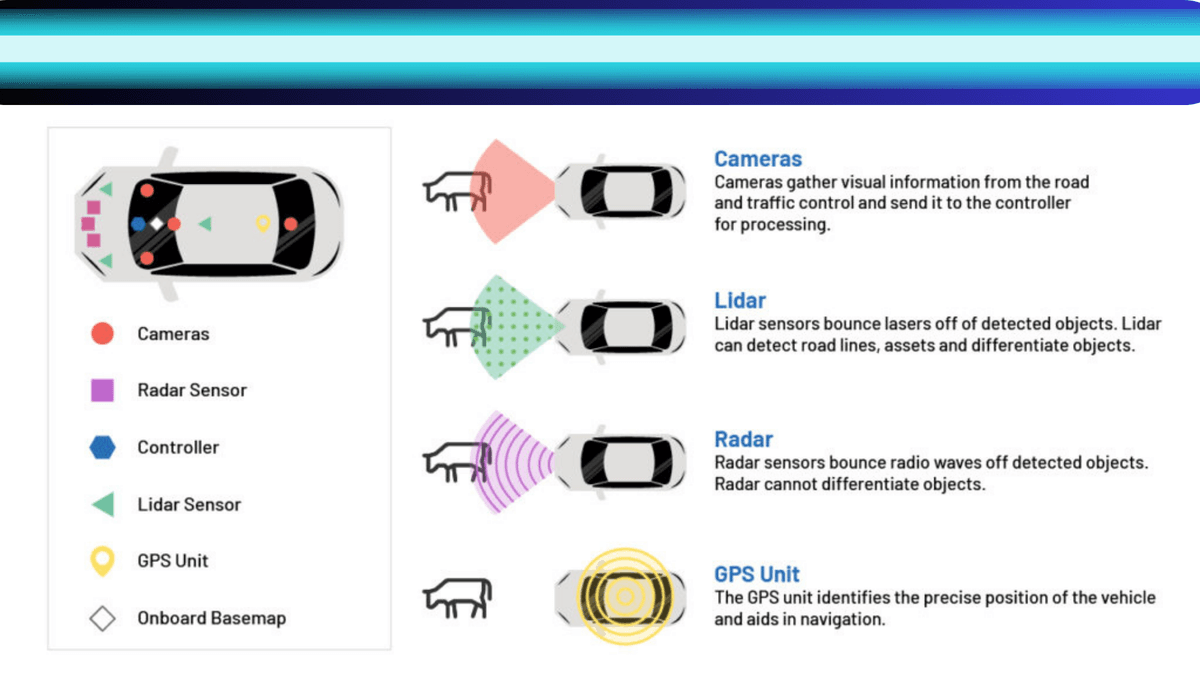
Introduction:
The automotive industry is undergoing a transformative era, with Advanced Driver-Assistance Systems (ADAS) at the forefront of this revolution. These systems, powered by machine learning and artificial intelligence, are setting the stage for the future of smart and autonomous vehicles. Central to this evolution is ADAS Annotation Services, a meticulous process that involves labeling and categorizing vast amounts of data to train these intelligent systems. This blog post explores the innovations in ADAS annotation and their impact on machine learning, ultimately charting the course towards smarter, safer cars.
Understanding ADAS Annotation
ADAS annotation involves labeling various forms of data, such as images, videos, and sensor data, to make them understandable for machine learning algorithms. This process includes identifying and tagging objects like vehicles, pedestrians, traffic signs, and lane markings. The accuracy of these annotations is critical, as it directly affects the ability of ADAS to make correct decisions and predictions.
The Significance of Machine Learning in ADAS
Machine learning is the backbone of ADAS, enabling these systems to learn from data and improve over time. Through machine learning, ADAS Annotation can recognize patterns, anticipate potential hazards, and make decisions that enhance driving safety and efficiency. However, the effectiveness of machine learning is heavily dependent on the quality and quantity of annotated data it is trained on.

Innovations in ADAS Annotation
The field of ADAS annotation is constantly evolving, with several key innovations enhancing its effectiveness:
- Automation Tools: The integration of automated annotation tools has increased efficiency, allowing for quicker processing of large data sets.
- Advanced Labeling Techniques: Techniques like semantic segmentation provide more detailed annotations, improving the granularity of data interpretation by ADAS.
- 3D Annotations: With the advent of LiDAR and radar technologies, 3D annotations are becoming increasingly important, offering depth perception and spatial awareness to ADAS.
Challenges and Solutions
Despite advancements, ADAS annotation faces challenges:
- Data Quality and Volume: Ensuring high-quality, diverse data sets is crucial for effective training of ADAS. Solutions include collecting data from various geographic locations and driving conditions.
- Annotation Accuracy: The precision of annotations is vital. Ongoing training and quality checks for annotators, along with advanced validation tools, help maintain high standards.
- Balancing Automation with Human Oversight: While automation increases efficiency, human expertise is essential for handling complex or ambiguous scenarios.
Impact on Autonomous Driving
ADAS annotation is not just about enhancing current driver-assistance features; it's also a critical step towards fully autonomous vehicles. Accurate annotations enable machine learning models to understand and navigate complex driving environments, a prerequisite for achieving higher levels of autonomy.
Ethical Considerations and Data Privacy
As ADAS relies heavily on real-world data, issues of privacy and ethics are paramount. Anonymizing data to protect individual identities and adhering to data protection regulations are essential practices in the ADAS annotation process.
The Road Ahead

The future of ADAS annotation is intertwined with advancements in AI and machine learning. We can expect to see:
- More Sophisticated AI Algorithms: Continuous improvements in AI will enhance the accuracy and efficiency of annotations.
- Increased Integration of Sensor Data: As vehicles become equipped with more sensors, the integration of this data will provide a more comprehensive view for ADAS.
- Focus on Ethical AI: There will be an increased emphasis on ethical AI development, ensuring that ADAS systems are unbiased and equitable.
Conclusion
ADAS annotation services are at the heart of the ongoing revolution in the automotive industry. By providing the foundational data for machine learning algorithms, these services are not only enhancing the capabilities of current ADAS features but also paving the way for the autonomous vehicles of the future. As technology continues to advance, the role of ADAS annotation in shaping smarter, safer, and more efficient vehicles will become increasingly significant, marking a new era in automotive innovation.
ADAS Annotation Services And GTS.AI
Globose Technology Solutions can significantly bolster the effectiveness of ADAS annotation services. With its advanced technological capabilities, expertise in AI and machine learning, and commitment to data accuracy and quality, GTS.AI is well-positioned to provide the meticulous, high-quality data annotation required for sophisticated ADAS systems. Their services can enhance the development process, reduce time-to-market, and ensure the reliability and safety of ADAS features in the ever-evolving landscape of autonomous vehicle technology.
